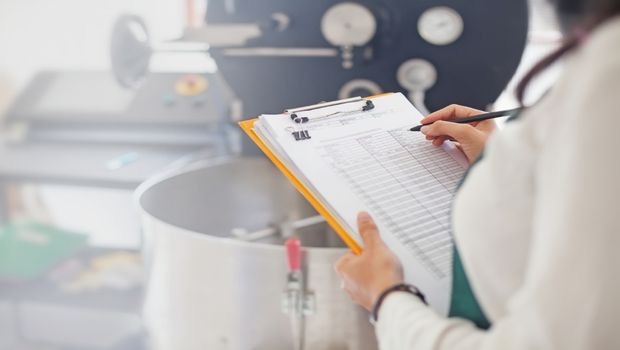Per the Food Safety Modernization Act (FSMA), U.S. food importers must establish preventive control rules and verify foreign suppliers to help ensure food safety.

FDA recently finalized three rules that create new food safety requirements for FDA-registered food facilities and importers of food and beverages. The preventive controls rules (finalized in September 2015) and the foreign supplier verification program (FSVP) Rule (finalized in November 2015) are part of FDA's implementation of the Food Safety Modernization Act (FSMA), known to be the most groundbreaking reform of the U.S. food safety system in more than 70 years.
Preventive Controls Rules
FDA's preventive controls rules apply to all human and animal food facilities required to register with FDA. Among other things, the rules require covered facilities to create written food safety plans, monitor and approve suppliers and ensure employee qualification. Most covered facilities are required to comply by September 2016.
A facility's food safety plan must contain many aspects, including:
• An evaluation of potential biological, chemical and physical hazards;
• A determination of whether each potential hazard requires preventive controls;
• Preventive controls for those hazards determined to require them; and
• Methods to monitor and verify the consistency and effectiveness of the preventive controls put in place.
When approving suppliers, facilities must conduct a hazard analysis of the supplied food and consider the supplier's FDA compliance history. Specifically, the preventive controls rules state a facility must be aware if its suppliers are the subject of an FDA warning letter or import alert relating to the safety of the food. Facilities may obtain this compliance information from FDA's databases or through third-party applications such as Registrar Corp's FDA Compliance Monitor. Facilities may only receive food from approved suppliers or "on a temporary basis from unapproved suppliers whose materials are subject to verification activities before being accepted for use," according to FDA.
Facilities must also ensure their employees are qualified to perform their assigned duties and are properly trained in the principles of food hygiene, food safety, and employee health and hygiene.
FSVP Rules
FDA's FSVP rule requires importers of food and beverages for humans and animals to create an FSVP for each food imported from each foreign supplier. FDA describes FSVPs as "risk-based activities to verify that food imported into the United States has been produced in a manner that meets applicable U.S. safety standards." Most importers are required to comply by May 2017.
Along with creating FSVPs, importers are also required to evaluate and approve their foreign suppliers. Specifically, the FSVP rule says importers must consider whether their suppliers are the subject of an FDA warning letter, import alert or other FDA compliance action related to food safety. Once a foreign supplier is approved, the importer must determine verification activities that appropriately fit the risks of the supplier. Examples of verification activities include:
• Annual on-site audits of a supplier’s facility;
• Sampling and testing; and
• Review of a supplier’s food safety records.
Importers may perform verification activities on their own or designate a third party.
FDA's preventive controls and FSVP rules are intended to put more responsibility on industry for the safety of the food it supplies to American consumers. It is prudent for registered food facilities and importers to begin compliance preparation now, as it may take substantial time to complete all of the new requirements.
Edwin Velez Rivera is a senior food safety specialist at Registrar Corp (registrarcorp.com), an FDA consulting firm that helps companies comply with FDA regulation. VelezRivera has more than 21 years of experience in the food safety, auditing and food defense profession. Under his direction, the food safety department performs mock FDA food facility inspections around the world, reviews and develops HACCP, food safety and food defense plans, and executes other food safety-related services.
About the Author(s)
You May Also Like




.png?width=800&auto=webp&quality=80&disable=upscale)